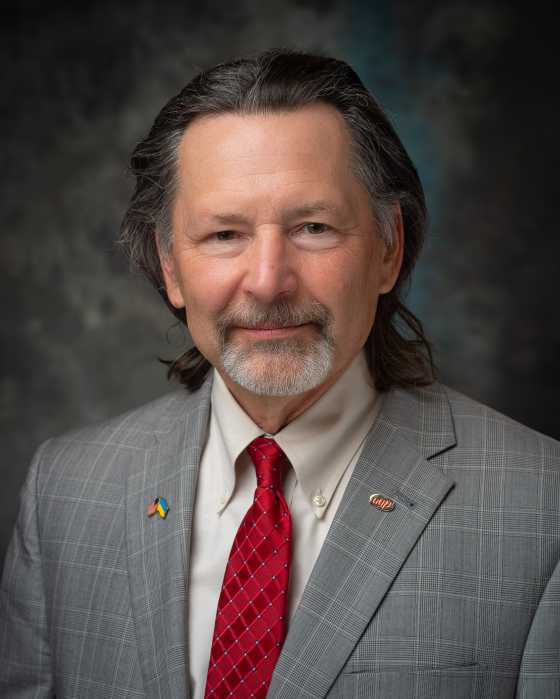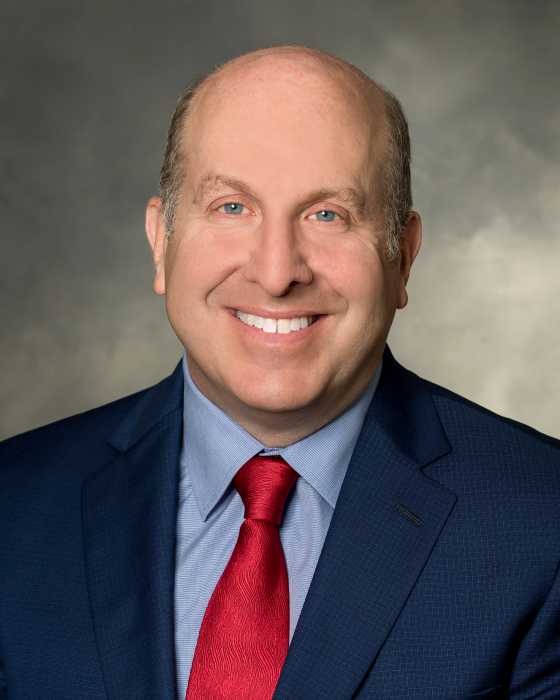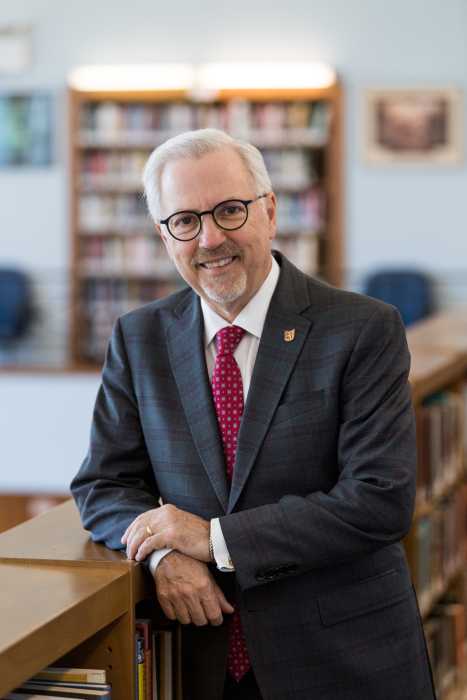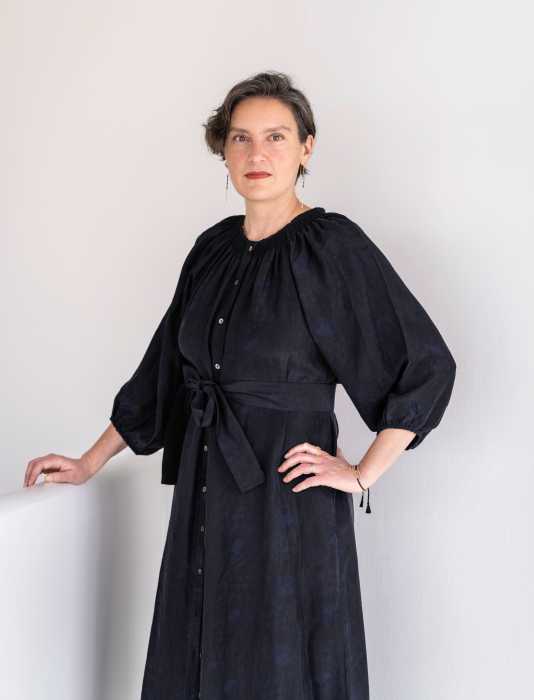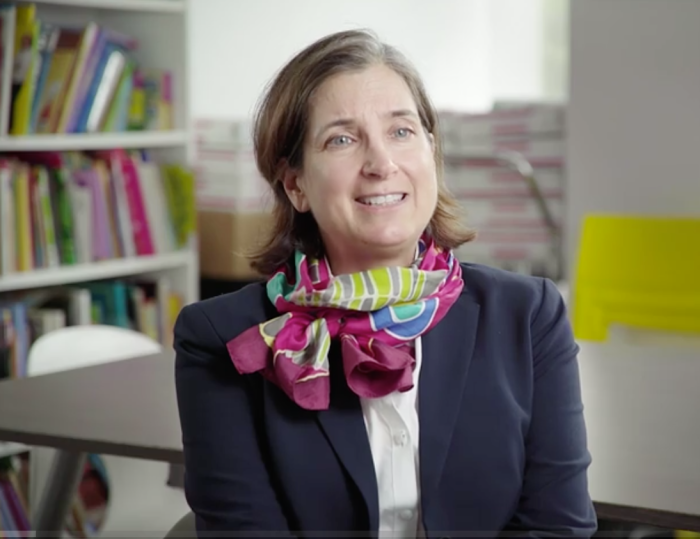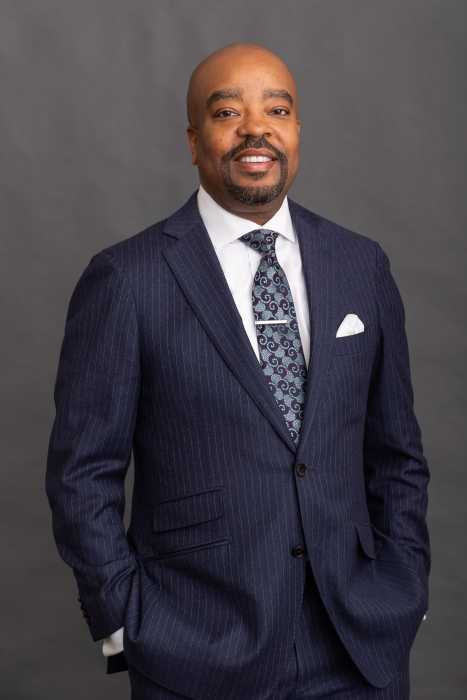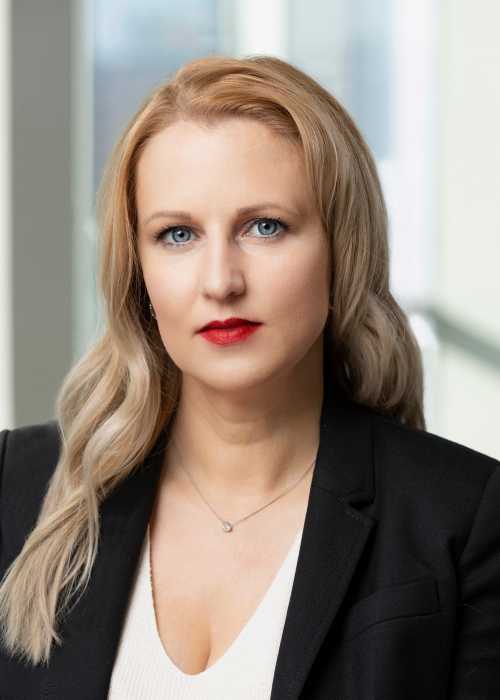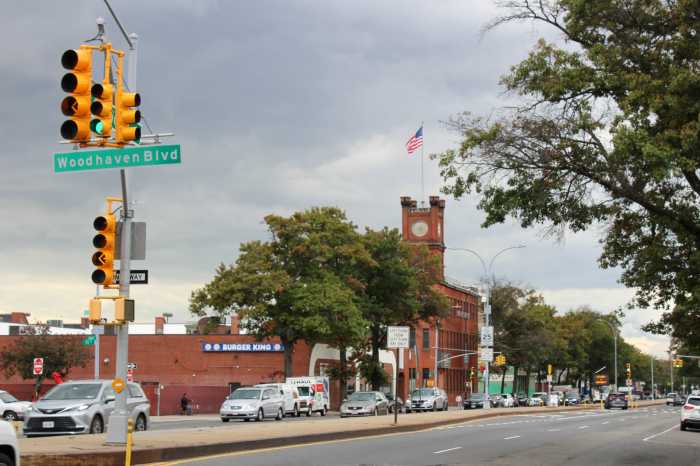United University Professions President Kowal has served as president since winning the election in 2013. Under Kowal’s leadership, UUP has become a strong, politically influential organization. Central to this work has been Kowal’s insistence that UUP takes on the role of offering innovative solutions to the challenges facing SUNY and communities across the state. Kowal serves on the AFT Executive Council, NYSUT Executive Committee and Board of Directors, and is chairman-elect for the National Wildlife Federation Board.
How can policymakers support New York’s students and educators?
First and foremost, policymakers can provide institutions of public higher education full funding. This will allow educators to provide accessible and higher-quality education for all of those who want it.
What was your favorite moment or experience in your own education?
When I received the signature from the last member of my dissertation committee – meaning my Ph.D. was complete!
What is the best advice you have received from a mentor?
Focus on what is real and don’t be distracted by irrelevant issues that arise.


